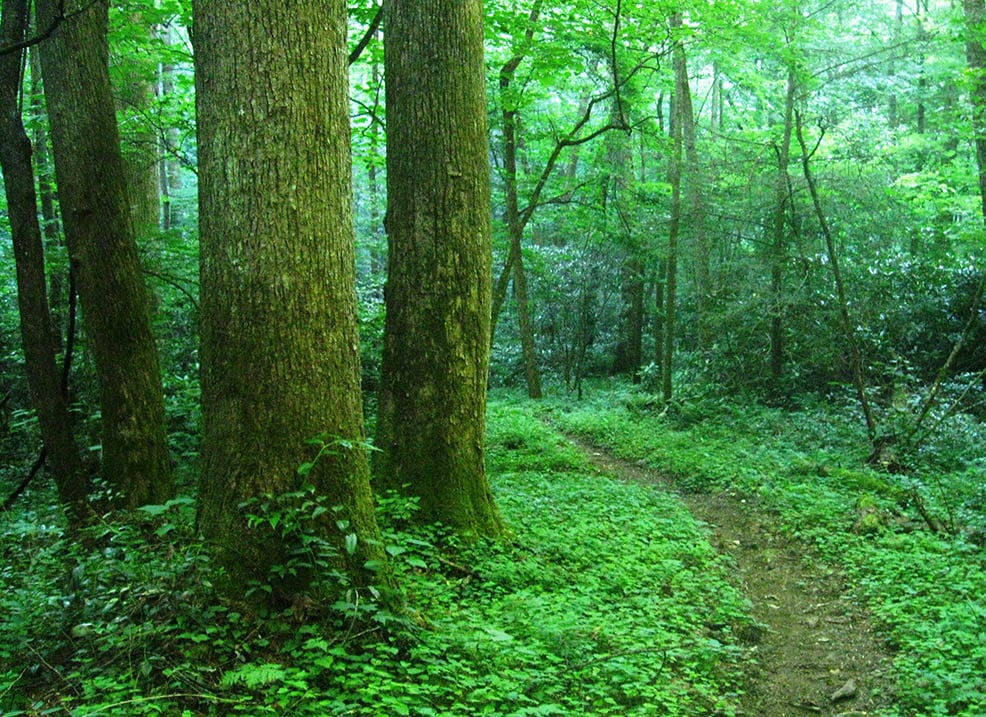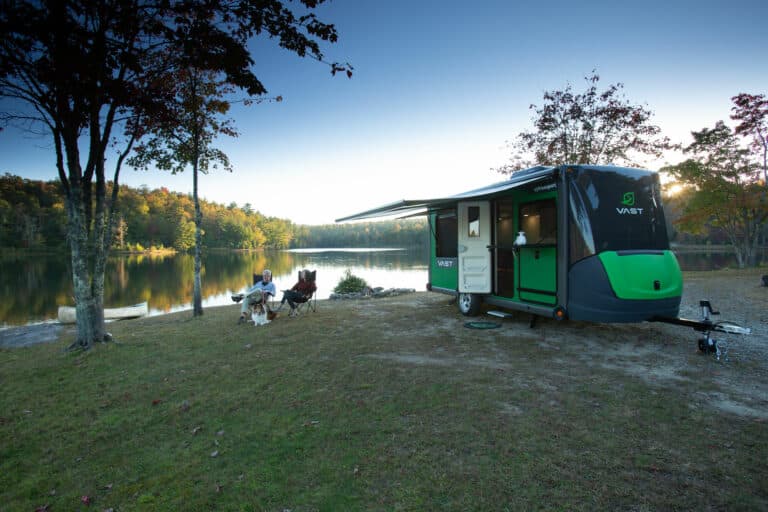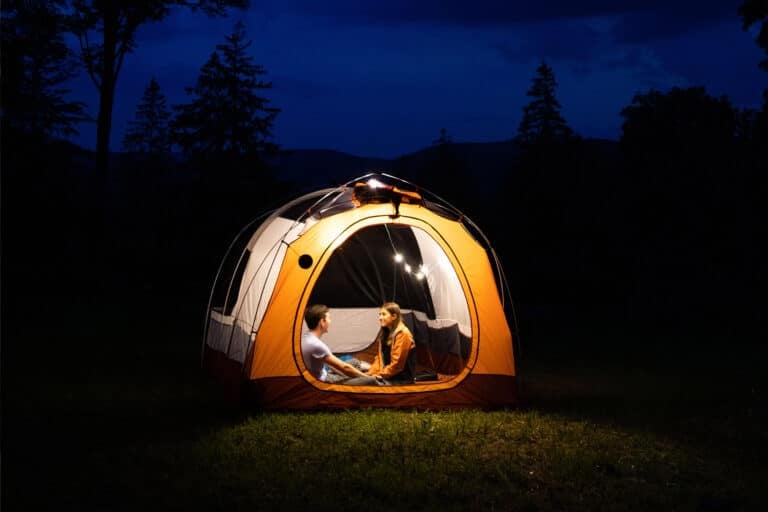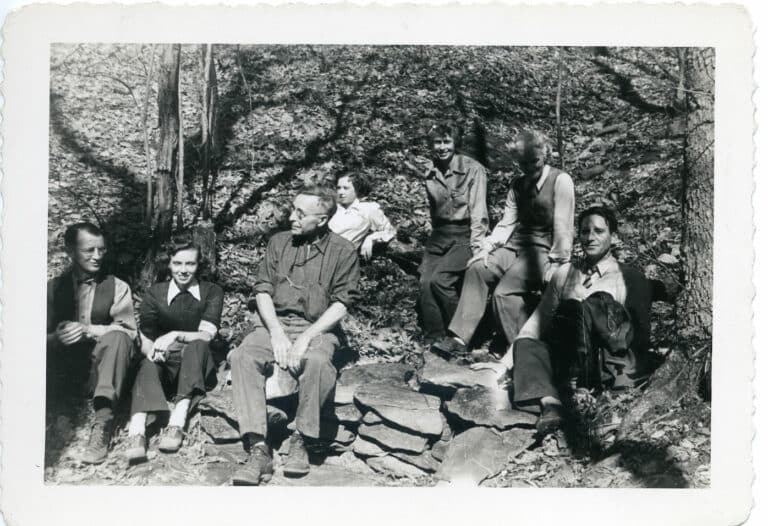The country’s most popular national park proposes new fees to address record visitation
Question: What is the most visited national park in the country? Perhaps the Grand Canyon or Yellowstone? Maybe Yosemite?
Answer: Great Smoky Mountains National Park. The Smokies hosted over 14 million visitors last year, which is more than the Grand Canyon, Yellowstone, and Yosemite combined.
HERE’S SOMETHING EVEN MORE surprising:unlike nearly every other national park, the Smokies has no entrance fees. It is completely free to visit.
That may soon change—sort of. For the first time in its history, Great Smoky Mountains National Park has proposed charging a modest fee for parking within park boundaries beginning later this year. There still won’t be any entrance fees to the Smokies, but the park will charge a $5 daily parking fee ($15 for weekly parking passes and $40 for an annual pass). Pedestrians and cyclists would not need parking tags.
Why now? Unfortunately, over the past two decades, federal funding for national parks has plummeted, even as visitation has skyrocketed. Over the past decade, visitation to the Smokies increased nearly 60% percent, while Congressional allocations have decreased or remained flat. As a result, Great Smoky Mountains National Park can no longer make ends meet.
“When you’re in a scenario like this, we have to participate in our own rescue,” said Great Smoky Mountains National Park Superintendent Cassius Cash. “And we need the public to participate in preserving this natural wonder that millions of people enjoy.”
The Smokies is also one of the only national parks that is prohibited by law from charging visitors an entrance fee. But it can legally charge a parking fee.
Operating and maintaining the country’s most visited national park ain’t cheap. The park employs over 320 permanent and seasonal staff, operates 27 water and sewage treatment systems, and maintains more than 384 miles of roads and 850 miles of trails across the half-million-acre park.
The Smokies is also one of the only national parks that is prohibited by law from charging visitors an entrance fee. But it can legally charge a parking fee. If approved, parking fees will begin this fall. Visitors will be able to purchase parking tags online, in the mail, or at fee machines in the park.
Cash anticipates that the parking fees will generate around $14 million in revenue, which can help address serious staff and maintenance shortfalls. And unlike entrance fees, which are shared across all national parks, parking fees stay within the park. That means 100 percent of parking fees will support Smokies operations, including trail maintenance, trash removal, staffing, and law enforcement.
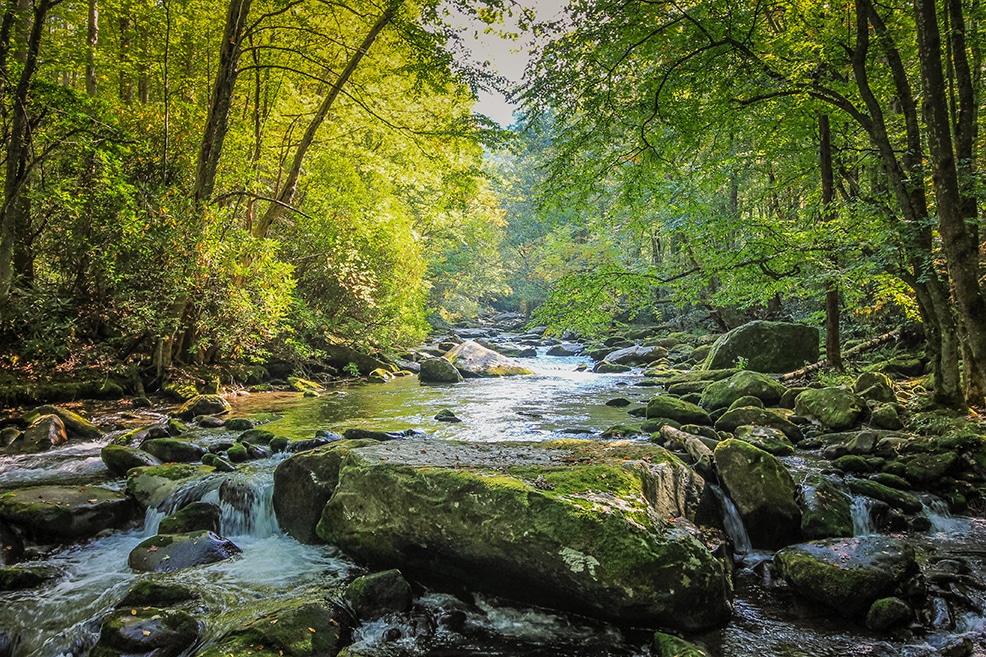
Photo: Great Smoky Mountains National Park. Photo courtesy of Getty Images
Most regional organizations support the proposed parking fees, including the Smoky Mountain Hiking Club, Forest Keeper, and National Parks Conservation Association (NPCA). “The Smokies have been trying to make do with less for a long time, as the National Park Service faces mounting costs and shoestring budgets,” says Jeff Hunter, NPCA’s senior program manager. “We support the park implementing a modest fee to park your car near some of the most beautiful trails and views in the country.”
The Eastern Band of the Cherokee Indians also supports the Smokies parking fee. The Qualla Boundary is immediately adjacent to the park, and park land was tribal land for generations before it became the country’s most visited national park. “It is our heritage; it is also our future. We must honor it, protect it, preserve it,” wrote Tribal Chief Randy Sneed in a recent Asheville Citizen-Times op-ed. “Today, the park is strained under the weight of demand. This is unsustainable, and we must change course before it’s too late….It is a shared responsibility to steward these lands in honor of our ancestors. We all have a duty to support this effort financially.”
At $5 a day, the Smokies parking fee is still significantly less than other parks. Visitors driving to the Grand Canyon, Yosemite, and Yellowstone pay a $35 entrance fee. Cyclists and pedestrians at these parks pay $20.
The Smokies is also still a lot cheaper than other nearby attractions such as the Biltmore Estate, which starts at $86, or the North Carolina Arboretum, which charges $16. Grandfather Mountain State Park charges $22, and Chimney Rock State Park charges $17.
Still, Cash also hopes that the modest $5 fee will not be an economic barrier for folks who want to visit. The Eastern Band of the Cherokee citizens will receive free passes to park in the Smokies as part of a partnership agreement with the park. He also wants to ensure that the Smokies remain accessible to all.
“We’re trying to move that weight of sacrifice from the people of North Carolina and Tennessee to the shoulders of the country, to help us maintain it for future generations,” said Cash.
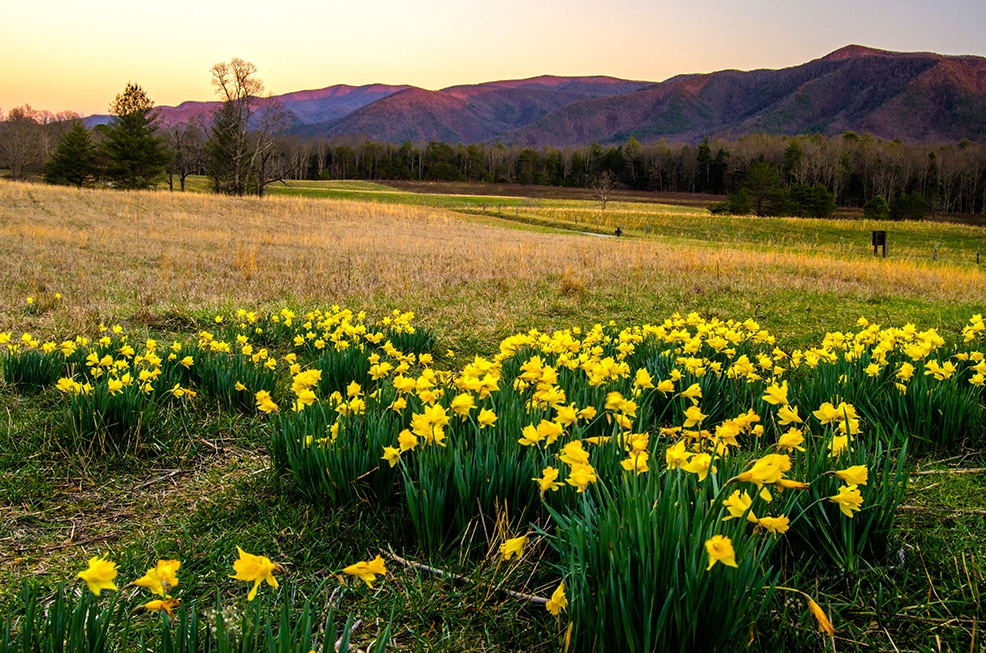
Photo: Freshly bloomed easter lilies at Cades Cove in Great Smoky Mountains National Park. Photo courtesy of Getty Images
4 Questions About the Smokies Parking Fees
1) Our public lands are supposed to be free. We already pay taxes to support public lands. Why do we have to pay more?
There are more than 420 national park sites across the country, and more than 100 of them collect entrance fees. Many other parks charge visitors to park cars. Great Smokies currently charges neither, despite having more visitors than any other national park in the country. People who visit Great Smoky Mountains National Park deserve a world-class experience, and charging a modest fee for parking will help rangers provide that for them.
2) Shouldn’t the government be paying for parks? What gives?
Yes. Fees can only help supplement funding for parks; the bulk of money still must come from Congress. Congress has made great strides in recent years, passing legislation that is fixing our parks’ decaying buildings and outdated water systems, supporting the operation of parks, and providing hundreds of thousands of much-needed jobs. President Biden’s most recent budget proposal also calls for more funding for national parks. We need members of Congress from across the aisle to come together and continue to prioritize national park funding.
3) Wait a minute. I thought it was illegal to collect entrance fees in Great Smoky Mountains National Park?
Great Smoky Mountains National Park is not proposing an entrance fee; vehicles are welcome to enter and exit the national park without paying a fee. However, Great Smokies is proposing a parking fee for vehicles at visitor centers, trailheads, and other points of interest in the park. Park staff have verified that this is legal under the Federal Lands Recreation Enhancement Act.
4) Well, at least people are guaranteed a parking spot under this new plan, right?
Great Smoky Mountains National Park is primarily made up of beautiful trails, vistas, scenic overlooks, and other one-of-a-kind natural features. There are lots of parking spots around the park, but unfortunately, there are not enough for these passes to provide a guaranteed spot for everyone.
Cover photo: The deep woods of Great Smoky Mountains National Park. Photo courtesy of the National Park Servicelege.
